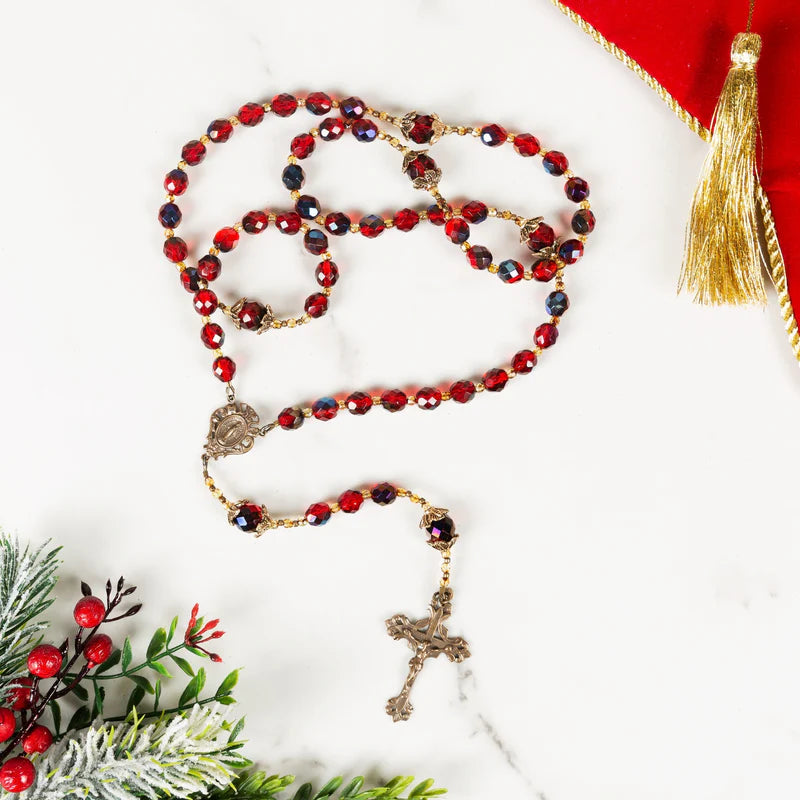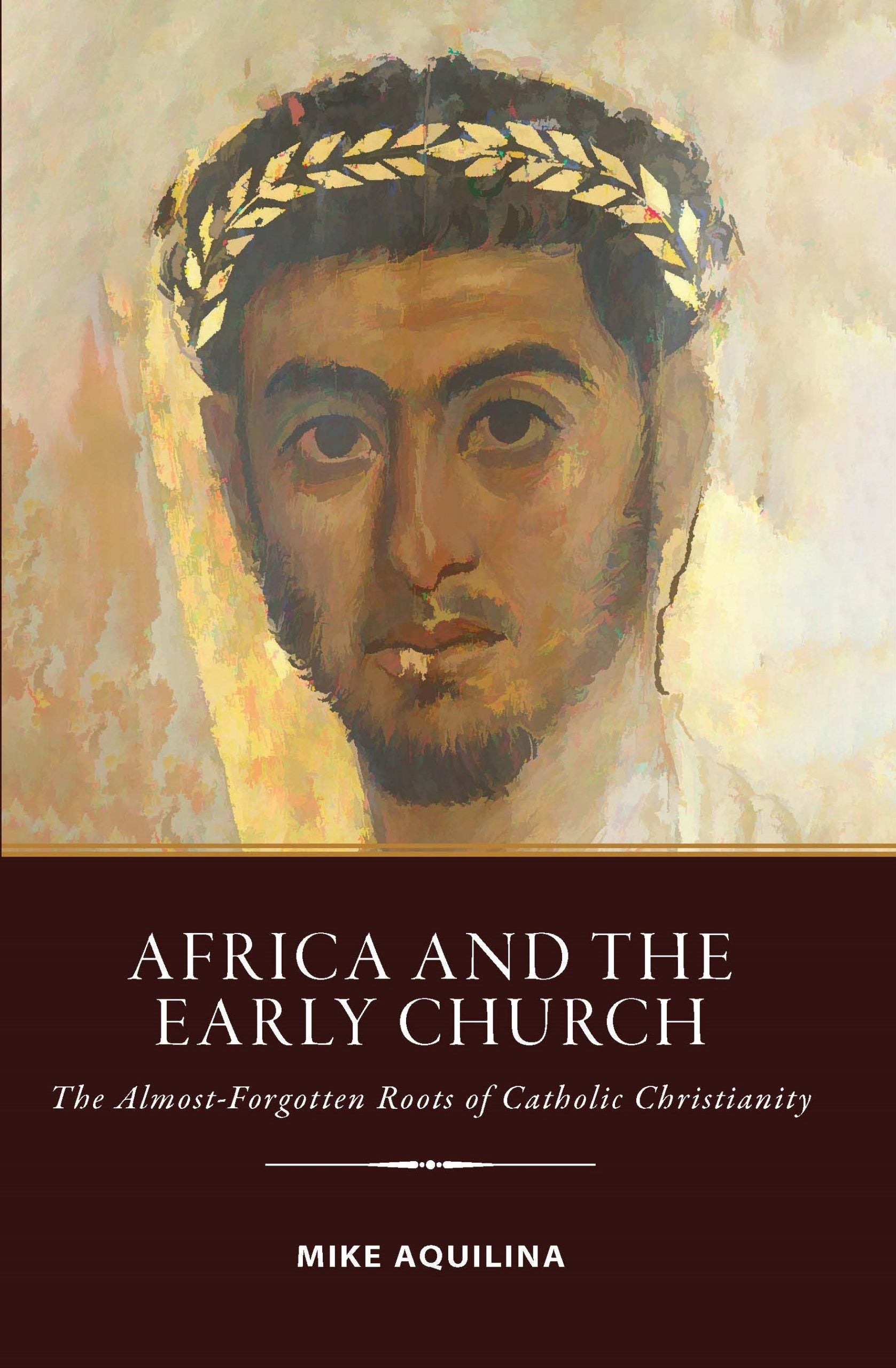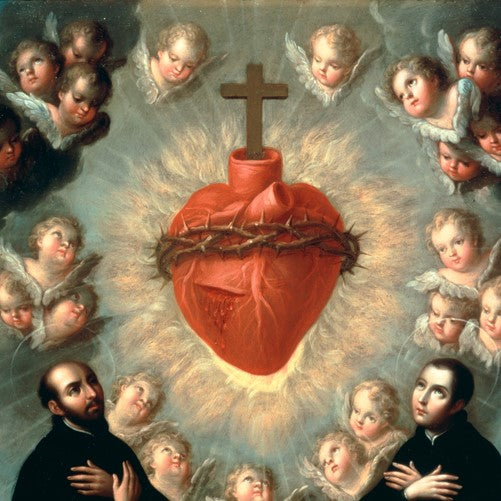Charles Lwanga seemed, in secular terms, to have “made it”: at 25 years of age, he had become the chief page in the Ugandan court. The situation, however, was a perilously complicated one.
With the permission of the previous king, Catholic missionaries had established themselves in Uganda and begun catechizing the native people. The king’s son, however, was unmoved by the zealous priests, and when he ascended the throne, it became apparent that he led a sickeningly perverse lifestyle.
He had the chief page, Joseph Mukaso, executed for protecting the pageboys from the king’s immorality. This chief page was a Catholic, and Charles knew that it was only a matter of time before all Catholics could expect a similar fate. On the night of Joseph’s execution, Charles and several other pages requested and received Baptism.

When Charles was elevated to chief page, he set about catechizing the pageboys under his care. He also stepped into Joseph’s place regarding the king. Inevitably, the king grew enraged, and demanded that Charles and all other Catholic pages step forward. They did—about 15 in all, willing to die for their Faith.
Charles and his companions were forced on a two-day march, then bound together for several days while wood was gathered to burn them. Charles, as the leader, was selected first. The executioners tortured him, offering him life if he apostatized. When Charles refused, they set fire to his stake. At last, Charles looked heavenward, exclaimed, “My God!” and expired.
St. Charles Lwanga added to the rich heritage of the Catholic Church and her martyrs in Africa—a heritage that stands strong even today. Africa and the Early Church preserves this fascinating history, relating the important contributions of the Church in Africa to theology, liturgy, and more. Pick up your copy today at The Catholic Company!

























